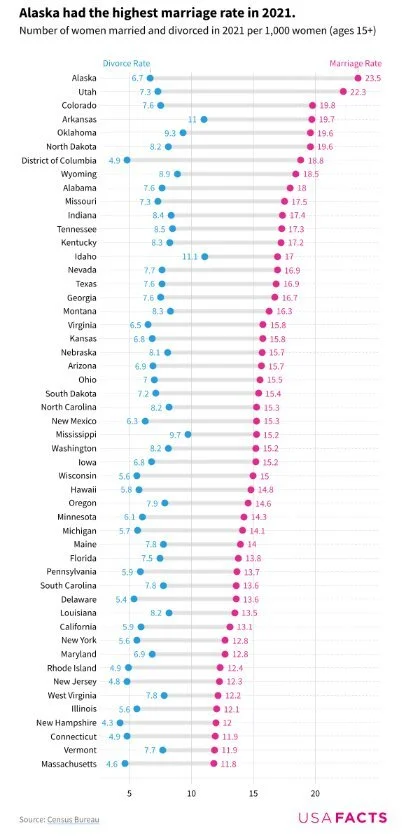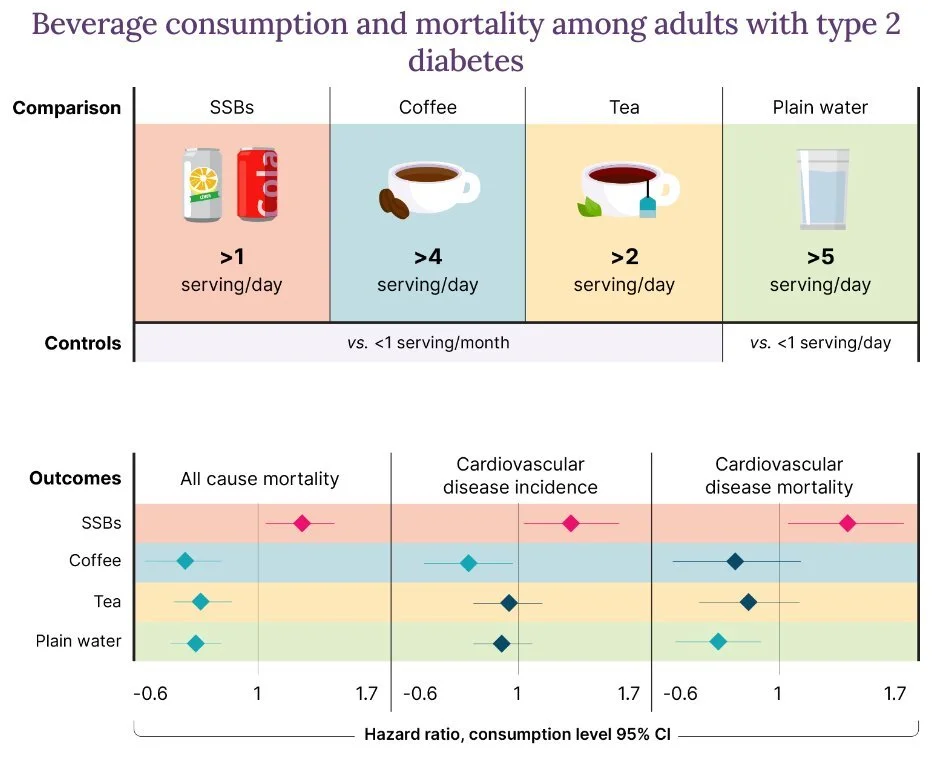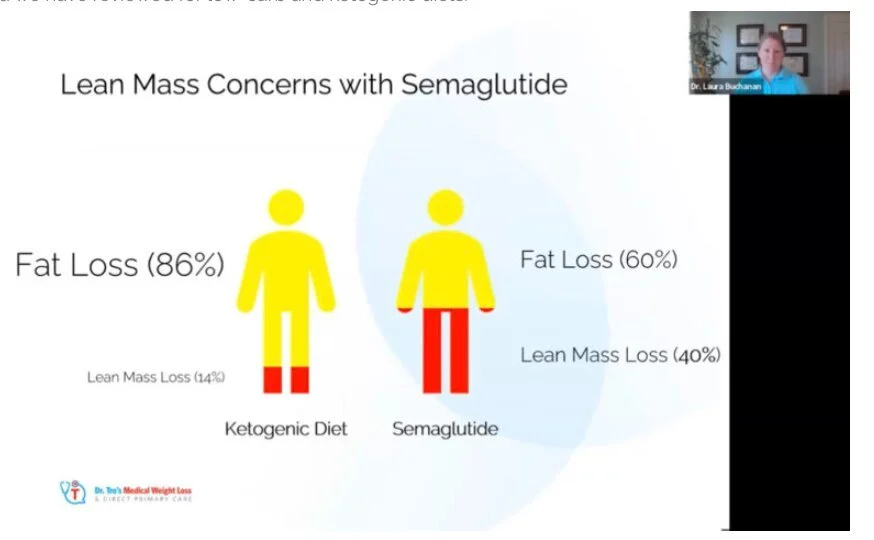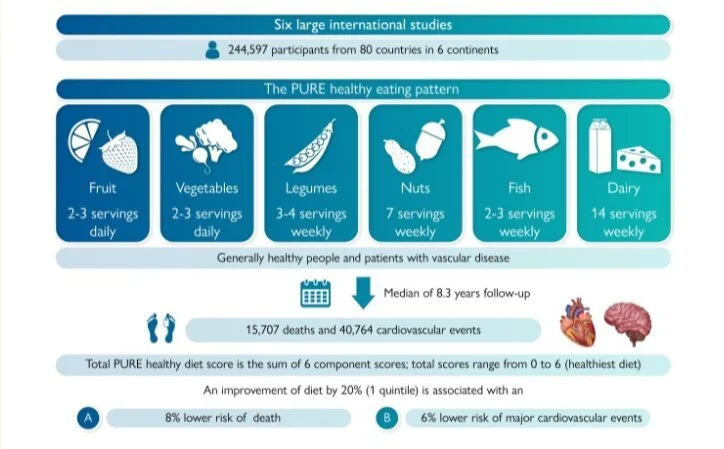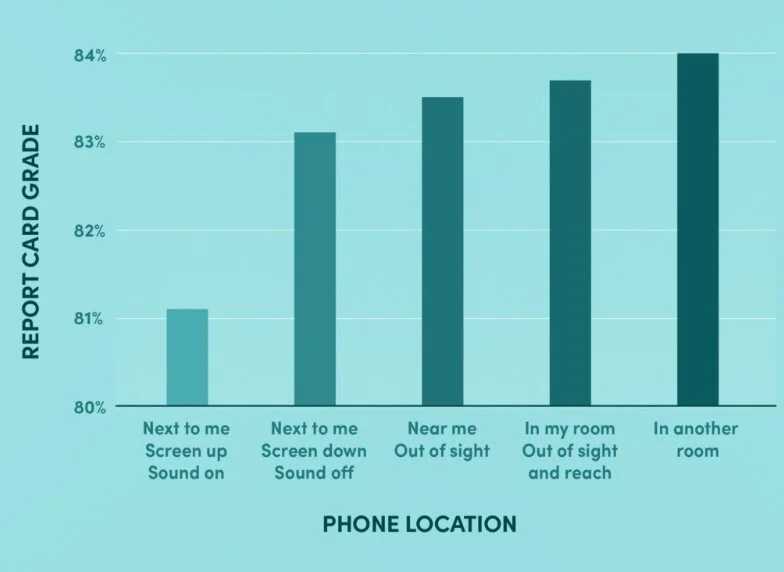September 2023
My Systems
I recently heard a podcast discussing the importance of systems in our lives. They quoted James Clear, author of Atomic Habits, who writes "We don't rise to the level of our goals, we fall to the level of our systems." And it got me thinking what my systems are and what systems I need to establish.
They discussed how effective systems require well-crafted guiding principles. Take, for instance, the common scenario of the after-dinner dessert. If you want to limit carb, sugar, or just excess caloric intake when dining out then you’re going to have an internal deliberation once that dessert menu comes if you don’t have a system already in place. If you have a rule that you just don't eat dessert then you're committed, those around are less likely to peer pressure you than if you were on the fence, and that mental negotiation becomes a moot point.
It’s worth noting that these systems are different than non-negotiables. Non-negotiables are specific, unyielding rules that reflect your core values, while systems are structured approaches that provide organization and consistency in your life. Both require discipline and as Jocko Willink say, “Discipline equals freedom.”
Here are some of my systems that work:
Write each day, but never when the kids are awake.
Get daily sun (through clouds counts).
Sunday meal plan (planning, shopping, prepping) for me and the family.
Hit the minimum effective dose of daily protein, get enough weekly vegetables, and do a biweekly 24-hour fast.
Go to bed early the night after a going to bed later than I should.
Hit the minimum effective dose of exercise each week (Walking, HIIT, lifting, and Zone 2).
Unsubscribe if I haven't read an email newsletter in over a month. The same goes for phone notifications.
“Yes” is always the response if my kids ask me to play.
If a book sucks, I stop reading it.
Keep the quality in quality time by putting the phone away when other people are around.
Here are the areas I need to improve:
Socialization: get more 1:1 time with my wife and more time hanging out with friends
Stress management: do more meditation, mindfulness, and time in nature.
More consistency with bedtime.
I’m splitting hairs with the non-negotiables and systems but this is a nice draft to help me conceptualize my priorities and deficiencies.
Got any unique or effective systems of your own? Email me back.
Have a great week,
Brian
September Stuff
Mind
Body
Dad
From One Year Ago
More from September 2022 here.
New Stuff
MBD Recommends. I’ve been adding a lot of things to my “MBD Recommends” page. I’ve broken it up into 8 categories (health, fitness, nutrition, non-toxic home, parenting, books, books for kids, and occupational therapy). These products prioritize non-toxic, high-quality ingredients, durability, and enhance your family's health. They’re great brands but I evaluate them for both affordability and value as well. Stay tuned for transparent reviews.
The secondary benefit (behind telling you about worthwhile products) is that it supports the site. Every time you click on a link of mine and buy that product, the commission I receive goes right to pay for the upkeep of his hobby of mine. So, thank you. 😊
Best Of The Month
Here are some of my favorite things of the month.
Podcast
Katie Wells (The Wellness Mama) on The Ready State with Kelly and Juliet Starrett. Great parenting tips and ideas in here.
Book
The Expectation Effect: How Mindset Can Change Your World by David Robinson. He breaks down the research on fascinating studies on how our perceptions physiologically impact our mind and body.
Quote
Curiosity cures: anxiety, ignorance, selfishness, extremism. Curiosity creates: empathy, compassion, knowledge, growth. Curiosity prevents: arrogance, judgment, stagnation.
Product
The Ice Pod Cryotherapy (i.e. getting cold for a short period) is really good for you (for many reasons I’ve discussed here). So, for years I would practice this only for the final 1-5 minutes of my showers. I’ve always wanted an ice bath and considered DIY versions, knowing the real things are expensive (some over $500), but I never pulled the trigger. Then, I found The Ice Pod.
I’ve been using this for the last few weeks and I’m loving it. It’s the most affordable one for what it offers: durability and portability (with a lid and easy installation). You simply inflate the top rim, fill it with water and ice, and embrace the suck.
Things I’ve Learned
Mind
Grind When It’s Boring
Older Men & Suicide
Tom Greene wrote, Life Weariness: The Silent Epidemic. In it, he breaks down an Australian survey of 300 men who had suicide attempts within the last 18 months. It looked for themes within these men since men are less likely to share their emotions. The terms used to describe themselves during suicidal thoughts (“pointless,” “over it,” and “I’ve had enough”) and the description of depression (“stressed,” “tired,” and “not doing well“) were interesting because they’re all too common but the most helpful part was the participant’s feedback for help:
“Don’t tell me that everything will be okay. Ask me to tell you what’s up and then listen with an open mind.”
“I need to know that others can hear the truth and they won’t judge me.”
“We need to let men know that others are going through this too, it’s normal to struggle sometimes, and there is help.”
“You need to be very direct and tell me you know what’s going on for me. Then support me to get more help.”
“Help me to break my problems down into smaller pieces and then set some goals.”
“Talking to a friend can be easier than family because they’re one step removed. There’s not so much pressure to get well quickly. Friends and/or family have to get in my face and stay there because I’m probably not going to ask for help.”
Divorce & Marriage Rates By State
An infographic on the marriage rates and divorce rates. I’m always intrigued by the relationship between our decisions and culture and location. I would love to see this overlapped with a study on happiness (hey District of Columbia).
Exercise Linked To Higher Pain Tolerance
A recent study indicates that regular exercise might enhance our pain tolerance. Published in PLOS One, this research compared 10,000+ individuals who exercised regularly with those who didn't. They underwent a cold pressor test, immersing their hand in 37.4F water, to assess pain tolerance. The findings revealed that more active participants could endure the cold water longer, with the very active individuals lasting 115.7 seconds on average compared to 99.4 seconds for the least active. Although pain tolerance decreased for everyone over eight years, regardless of activity level, active individuals still exhibited higher pain tolerance.
Body
Tunnel Vision
Can City Noise Harm Your Health?
An observational study, Health effects of transport nose, links transport noise to four issues: annoyance, cognitive disruption, sleep troubles, and hearing loss. Stress, mental health, metabolic health heart health, and overall health are indirectly affected. (Another study found that noise reduced productivity by 5%.) There are lots of factors (air pollution, diet, work, etc.) but the noise seems to be an often neglected culprit.
Tip: use gently white noise at night to sleep since the noise outside of your windows still affects you while you sleep.
Your Drink Choice May Shorten Your Life
Examine.com broke down a study on the link between beverage consumption and all-cause mortality, cardiovascular mortality, and the incidences of CVD.
The study involved 15,486 U.S. adults with type 2 diabetes, researchers conducted an 18.5-year analysis. They found that high consumption of sugar-sweetened beverages (SSBs) increased the risk of all-cause mortality by 20% and cardiovascular disease (CVD) mortality by 29%. Conversely, regular tea, coffee, plain water, and low-fat milk intake decreased all-cause mortality risk. No significant impact was seen with fruit juice. Replacing one weekly SSB serving with tea, coffee, plain water, low-fat milk, or artificially sweetened beverages reduced all-cause mortality risk. Increasing coffee intake after diabetes diagnosis also lowered all-cause mortality risk by 18%.
These numbers are astounding. It goes to show that seemingly less important choices like drinks have a significant impact on how well and how long you live.
Americans Are Exercising More & Still Gaining Weight….
A recent study in Nature Metabolism looked at thousands of men and women in the USA and Europe and found that “Increasing obesity in the USA/Europe has probably not been fueled by reduced physical activity leading to lowered TEE.” The culprit here seems to be the prevalence of ultra-processed foods in the U.S. food market, (consisting of 73% of our diet). These foods, coupled with environmental toxins, could be harming our mitochondria and throwing a wrench into our energy metabolism.
Ozempic Kills Lean Mass
Dr. Tro wrote an interesting article on the risks of weight loss drugs like Ozempic and Mounjaro. I recommend reading it if you’re considering taking these. Some takeaways:
“Effects on hunger, cravings control, sweet cravings, mood & fullness are TEMPORARY and return to baseline between years 1 & 2.”
“Furthermore, if the treatment isn’t coupled with aggressive resistance training and high protein intake, there can be up to 40% lean mass loss, which is in stark contrast to the data we have reviewed for low-carb and ketogenic diets.”
“After 1,000,000 lap bands placed worldwide by obesity doctors, the most common lap band surgery TODAY is lap band removal.”
And if you’re taking these meds, he suggests that you adopt a high-protein diet and a resistance training regimen.
Six Very Important Foods
A study found that eating these six foods has a decreased risk of heart disease and death.
“A diet comprised of higher amounts of fruit, vegetables, nuts, legumes, fish, and whole-fat dairy is associated with lower CVD and mortality in all world regions, especially in countries with lower income where consumption of these foods is low.”
Dad
Phones & Grades
This table is taken from a simple but powerful letter from Angela Duckworth, author of Grit and host of the No Stupid Questions podcast. She provides some other suggestions from the undergraduates she teaches:
“Try…
…putting your phone in a closet or on another floor.
…downloading the SelfControl app, which blacklists access to websites for a predetermined time period.
…putting the notifications on your computer on “do not disturb” and shutting off your phone for 30 minutes at a time.
…turning your phone completely off and putting it in a random bag somewhere. This will especially help when you have a busy day with lots of plans already set out.
…plugging your phone in across the room before getting in bed so you go to sleep without wasting time on your phone.”
Kids Need Failure
An article, Why failure is your child’s best tool, voices the importance of letting your kids learn the hard way.
“Similar to exercising to become physically stronger, failing makes us emotionally stronger. Also, like exercise, failure operates on a Goldilocks principle. You need to experience “just the right amount” of setbacks to feel pain, learn from it, repair and become stronger.”
Teen Friend Meet Ups Declining
Leverage Protein For Less Obesity
A study looking at the protein leverage hypothesis in kids found that those who ate more protein reduced their overall caloric intake. Researchers looked at 6-8 year-olds and discovered that those who met their protein targets ate less ultra-processed food. It’s worth noting that there wasn't a notable change in BMI since most of these kids were already healthy and active. Nonetheless, these results indicate that increasing protein intake might boost feelings of fullness and reduce cravings for carbs and sugar. While this study is very myopic, it is a good reminder of the importance of protein for kids.
Playgrounds Are Too Safe
An article from Reason called “Playground Sign Outlaws 'Loitering at Slide Entry or Exit'.“
"Welcome! Play Safe," reads the sign at a Fairfax County Public School playground in Virginia, just outside of Washington, D.C. The sign also lists a few simple rules—21 of them, by my count.
First off, the playground should never be used when it is frozen. Or wet.
There can be no climbing on things like the safety rails (which are basically just fences). Kids must not wear any clothing with drawstrings, hoods, or toggles while they are playing, because these items could get caught on something. (Ponytails seem grandmothered in.)
On the slide, children must "take turns," "sit in an upright position," and "not climb." There also must be "no loitering at slide entry or exit."
Loiter not, little ones!”




